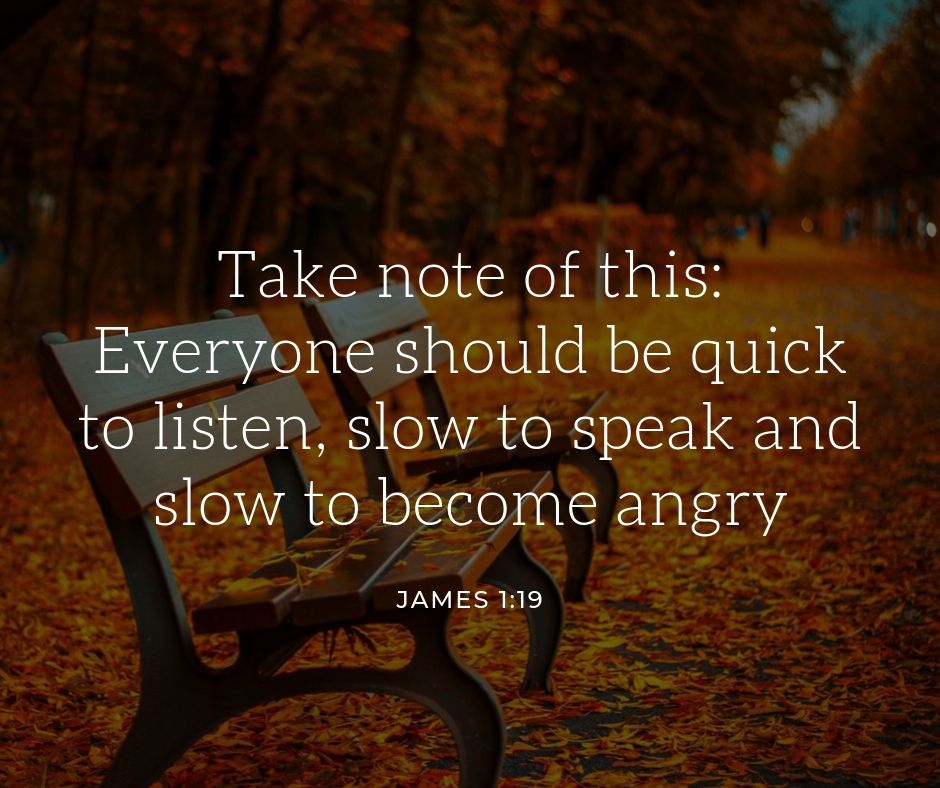On the other extreme from devotional Bible reading is in-depth Bible reading. Let’s look at its pros and cons today.
Devotional Bible reading is easy. It’s maintainable, and you can fit it into even the worst seasons of life. If devotional Bible reading is all you’ve got time for right now, great. Do that. But there are times and seasons when we can do more. In those cases, consider really studying God’s word deeply.
That’s what in-depth Bible reading is all about.
In-Depth Bible Reading: The Pros
For most people, in-depth Bible reading is what pastors and Bible teachers do. And that would be a legitimate way to think about it.
In-depth Bible reading is about diving in deeply to God’s word. Breaking it down. Understanding every word. Really uncovering all of its layers so that you can apply or share its truths. And it is mostly done by pastors and academics.
So why am I encouraging you to do it? Because it is an important way to read the Bible. And every Christian should know at least the basics of how to do it. Word studies, observations, outlines, commentaries are all part of this kind of reading, and they bring a depth of understanding to our reading that simply cannot be achieved in any other way.
Thankfully, much of the hard work has already been done for us. We can get an awful lot of out commentaries or study Bibles where people who spent years learning Hebrew or Greek have looked at the original texts and laid out what they’ve learned for those of us who don’t read the original languages. Another option is doing a detailed Bible study book. There are many bible studies available that require up to 45 minutes, 5 days a week, to complete. Trust me, these totally count as in-depth Bible reading.
Also, this kind of Bible reading allows us to pass along what we’ve learned. Devotional Bible reading is much more about getting personal encouragement. It’s a feel-good kind of Bible reading. In-depth reading is best suited to situations when we are going to share what we’ve learned in God’s word through a class or Sunday school or youth group meeting. This level of study will fill us to overflowing, so it’s important to plan for how to pass it on to others.
The Cons
First, it does require outside materials. Commentaries and Bible dictionaries are the very smallest investment you need to make. But there are lots of good reference books out there that can be beneficial. Some of them are online, thankfully, but many are not. So you will have to spend some time and money to equip yourself with what you need.
Second, it’s very time-consuming. The reason we tend to think of in-depth reading as only for pastors and academics is because they are typically the ones who have a consistent amount of time they can use for Bible study. In-depth Bible reading usually requires an hour or more of time on a given day to really dig in. After working or wrangling kids all day, giving an hour to think deeply about the Bible is hard for most of us. But it is possible, even if just for a season, and it’s worth what we glean from the text when we do it.
The Surprise Problem
Surprisingly, in-depth reading can also be spiritually unhealthy.
While devotional Bible reading is a bit like eating fast food all the time, in-depth Bible reading is more like Thanksgiving dinner. It’s rich, it’s fancy, and it’s time-consuming to prepare and clean up. And if you eat Thanksgiving every day you’d quickly tire of it, and you’d eventually become sick or overweight.
In spiritual terms, we begin to have a problem with pride.
If we aren’t careful to keep our focus on God, we slowly begin to focus on ourselves. When we spend hours in God’s word, we can run the risk of getting more impressed with our own commitment, our own investment, and all the amazing things we’re learning, instead of becoming more impressed with the God who inhabits the words he breathed out for us all those years ago. We start to enjoy people patting us on the back about our Bible knowledge, and we slowly get more full of ourselves, instead of more fully aware of God himself.
It doesn’t always happen, of course, but it is a potential concern when we study God’s word deeply. If we aren’t careful, pride can destroy the spiritual benefits of the time and energy we invest in reading the Bible this way.




